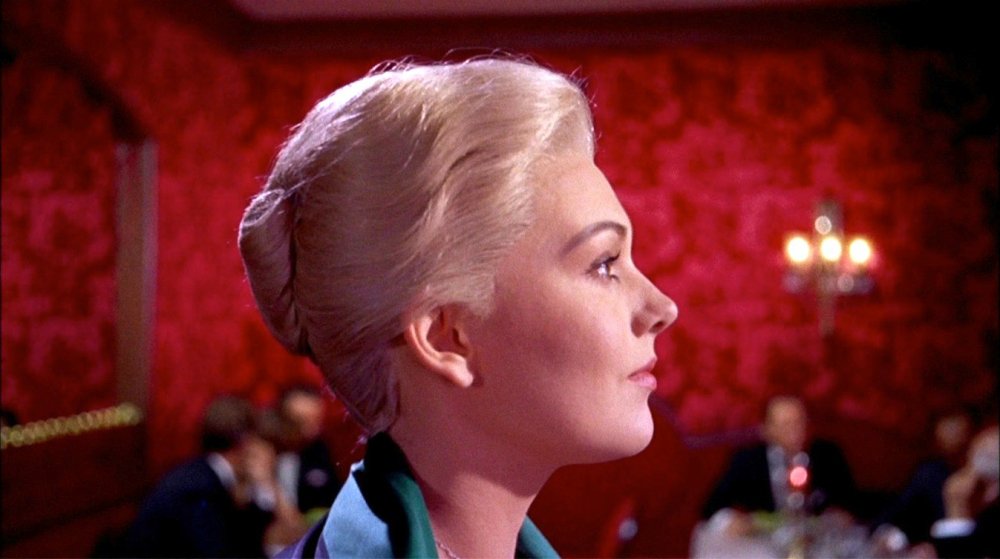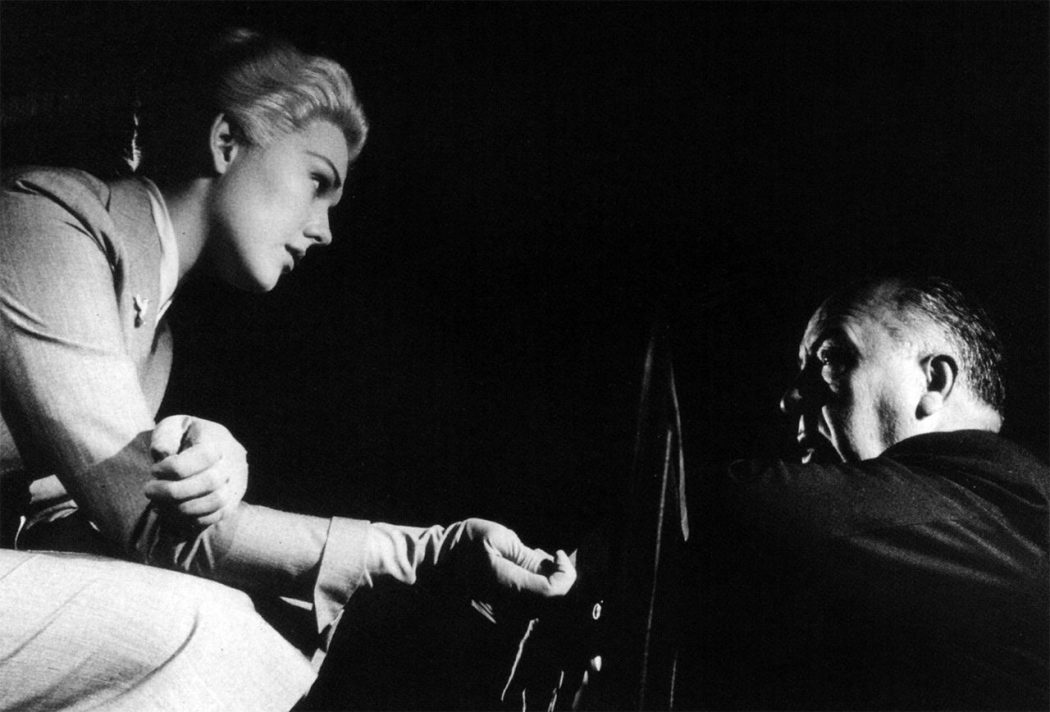“Only one is a wanderer; two together are always going somewhere.”
Vertigo is on most cinephiles bucket list, so I checked it out.
To say I was glued to the screen for the first hour of its two-hour runtime would be an understatement.
However, I felt the film lost its touch slightly in the second half, but not enough to stop me from loving it.
The movie follows Scottie, an acrophobic who, after indirectly causing a fellow policeman’s death, gets recurring bouts of vertigo.
Scottie quits the police but is soon called upon by an old college friend, Gavin Elster, to monitor Elster’s wife, Madeleine, who has been acting strange recently.
What follows is a brilliant piece of cinematic art by the masterful Alfred Hitchcock.
The first thing that I fell in love with was the script – something so conversational but also so 50s that I couldn’t help but fall for it.

Alec Coppel and Samuel Taylor provide a wonderful exhibition of 50s English, a type of language unheard of, on some occasions overdone, in modern films set in that time period. It was truly a sight to behold.
The way the pair pulled you into the film’s mystery is effortless perfection in my eyes but they take you out of it in such a way that proves detrimental to the film for me.
The acting was great with James Stewart being the standout in the picture. The small cast helped keep your focus on Scottie and Madeleine, helping the film to lure you in deeper and deeper with its mystery until the reveal, which we’ll come back to.
Hitchcock was unsurprisingly superb as director, effortlessly bringing the mystery to life and investing us into the story so quickly.
The first hour’s mystery was fantastic, with both Scottie and Madeleine, as well as the viewer attempting to figure out the odd mystery which had a constant underlying uneasiness.
However, I withdrew some of my investment early around the end of the second act, when Judy reveals to the audience that she was acting as Madeleine and helped Gavin Elster fake her suicide so he could get away with her murder.
The early twist stopped me from giving this film the perfect 5 stars on Letterboxd, which I’m sure Hitchcock would have done anything for.

Scottie’s turn from likeable to unlikeable in the second half was a bold move, and quite an off-putting one due to how sudden it is, but it’s an understandable development.
If the film left the reveal until when Scottie figures it out close to the climax, it would easily be in the holy grail of cinema for me.
Scottie noticing the necklace would have been a brilliant twist, one for the ages but, instead, we are left waiting for the 25 or so minutes until Scottie gets up to speed with us so the story can continue.
It’s a disappointing stain on an otherwise brilliant and engrossing script.
The ending dampened its chances further where, on first viewing, it appeared rushed and without reason. I expected Judy to meet the same fate as Madeleine, but by the time she did, that option had left my mind, and it did not seem right for the film.
A video explaining it couldn’t save it from my utter disappointment.
Apart from the two writing flaws, the film stays high on my list.
It’s an iconic and memorable film without a doubt but it just wasn’t what it could have been.
What is believed by some to be the greatest film ever made is undoubtedly brilliant but leaves a lot to be desired at the same time.
![]()


